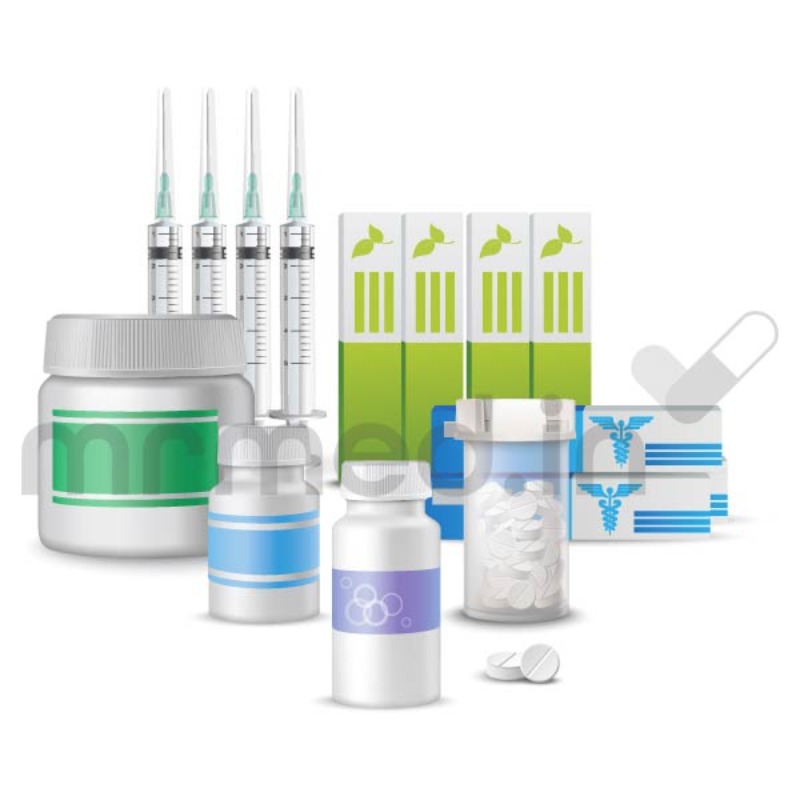DESCRIPTION
Cabozantinib
CLASSIFICATION Signal transduction inhibitor,
MECHANISM OF ACTION
• Small-molecule inhibitor of tyrosine kinases associated with RET, MET, VEGFR-1, VEGFR-2, VEGFR-3, KIT, FLT-3, AXL, and TIE-2.
• Inhibition of the various receptor tyrosine kinases results in inhibition of critical signaling pathways involved in proliferation, growth, invasion/metastasis, angiogenesis, and maintenance of the tumor
microenvironment.
ABSORPTION
Oral absorption results in peak plasma concentrations at 2–6 hours and is increased by food with a high fat content.
DISTRIBUTION
Extensive binding to plasma proteins (> 99.7%). With daily dosing, steady-state blood levels are achieved in about 15 days.
INDICATIONS
1. FDA-approved for the treatment of progressive, metastatic medullary thyroid cancer.
2. FDA-approved for the treatment of advanced renal cell cancer (RCC).
3. FDA-approved for hepatocellular cancer (HCC) following prior treatment with sorafenib.
DOSAGE RANGE
1. Medullary thyroid cancer—140 mg PO daily.
2. RCC—60 mg PO daily.
3. HCC—60 mg PO daily.
DRUG INTERACTIONS
• Drugs that stimulate liver microsomal CYP3A4 enzymes, including phenytoin, carbamazepine, rifampin, phenobarbital, and St. John’s Wort, may increase the metabolism of cabozantinib, resulting in its inactivation
and lower effective drug levels.
• Drugs that inhibit liver microsomal CYP3A4 enzymes, including ketoconazole, itraconazole, erythromycin, and clarithromycin, may reduce the metabolism of cabozantinib, resulting in increased drug levels and
potentially increased toxicity.
SPECIAL CONSIDERATIONS
1. Patients should be instructed not to eat for at least 2 hours before and at least 1 hour after taking cabozantinib.
2. Dose adjustment of cabozantinib (Cabometyx) is not recommended for patients with mild hepatic dysfunction. The dose should be reduced
in patients with moderate hepatic dysfunction. For Cabometyx, the dose should be reduced to 40 mg once daily. The drug has not been studied in the setting of severe hepatic impairment, and for this reason,
cabozantinib is not recommended in this setting. The dose of cabozantinib (Cometriq) should be reduced to 80 mg daily for patients with mild or moderate hepatic dysfunction. The drug should not be given in the setting of severe hepatic impairment.
3. Dose adjustment of cabozantinib (Cabometyx and Cometriq) is not recommended for patients with mild or moderate renal dysfunction. The drug has not been studied in the setting of severe renal impairment, and for this reason, cabozantinib is not recommended in this setting.
4. Monitor for new GI signs and symptoms, as GI perforations and fistulas can occur. This is a black-box warning.
5. Monitor blood pressure closely while on therapy. Use with caution in patients with uncontrolled hypertension.
6. Monitor patients for signs and symptoms of bleeding, as severe, sometimes fatal hemorrhage can occur. Do not use in patients with a recent history of hemorrhage or hemoptysis. This is a black-box warning.
7. Cabozantinib therapy should be discontinued in patients who develop arterial thromboembolic events, including myocardial infarction (MI) and cerebrovascular accident (CVA).
8. Routinely monitor urinary protein levels by urine dipstick analysis. Therapy should be discontinued for patients who develop nephrotic syndrome.
9. An oral examination should be performed prior to initiation of therapy and periodically while on therapy. Patients should be advised to practice good oral hygiene. Cabozantinib should be held for at least 28 days prior to any invasive dental procedure.
10. Dose modification is recommended in patients who experience the hand-foot syndrome.
11. Cabozantinib therapy should be discontinued in patients who develop the neurologic RPLS syndrome.
12. Cabozantinib tablets can NOT be substituted with cabozantinib capsules.
13. Pregnancy category D. Breastfeeding should be avoided.
TOXICITY 1
Mild-to-moderate skin reactions with rash, dry skin, alopecia, erythema, changes in hair color, and hyperkeratosis. Hand-foot syndrome occurs in up to 50% of patients, with grade 3/4 severity in 15% of patients.
TOXICITY 2
Diarrhea, nausea/vomiting, and mucositis are the most common GI side effects.
TOXICITY 3
Fatigue and asthenia.
TOXICITY 4
Hypertension.
TOXICITY 5
Bleeding complications, which in some cases can be fatal.
TOXICITY 6
Osteonecrosis of the jaw, presenting as jaw pain, osteomyelitis, osteitis, bone erosion, and toothache.
TOXICITY 7
Proteinuria.
TOXICITY 8
RPLS with seizures, headache, visual disturbances, confusion, or altered mental function.
TOXICITY 9
Hepatotoxicity with elevations in SGOT, SGPT, and alkaline phosphatase.
SPECIFICATION


Login To Comment